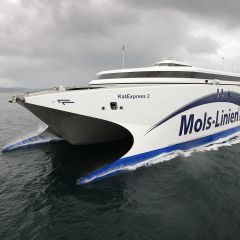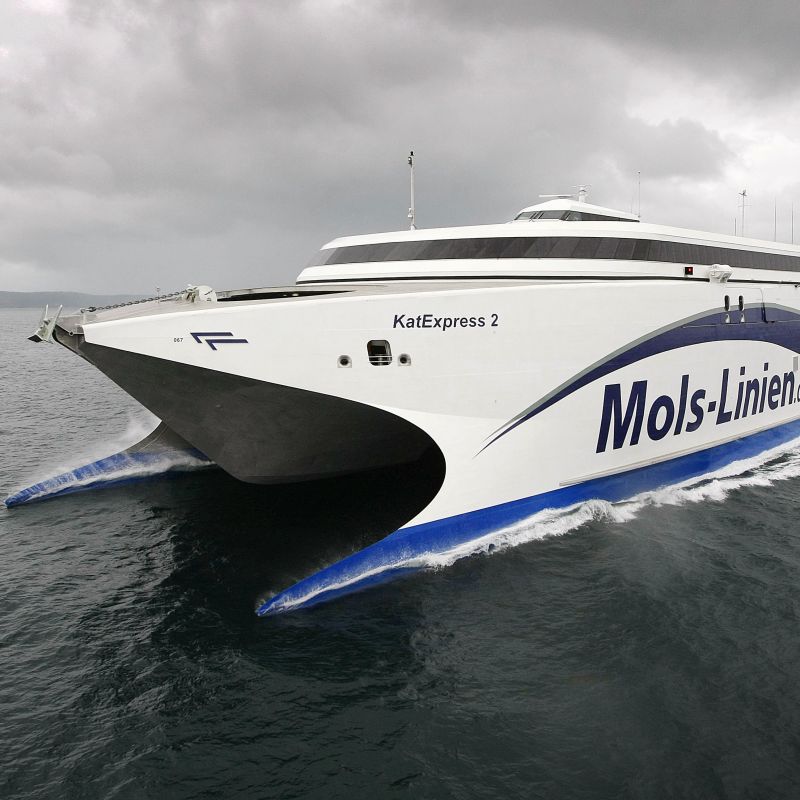School of Engineering researchers are helping to advance Australia’s ship design capabilities, further bolstering the high-speed ferry industry’s multi-million dollar export potential.
Dr Jason Lavroff and his research team were awarded $460,000 in the latest round of the Australian Research Council’s (ARC) Linkage Project scheme.
Dr Lavroff will work directly with industry to develop a “smart” semi-autonomous interface.
The technology, which includes a real-time on-board monitoring and feedback system, will lead the way for increasing ship safety, vessel longevity and improving passenger comfort for vessels worldwide, including high-speed catamarans.
“The high-speed ferry industry is a major export earner for Australia with annual revenue of $100 million,” Dr Lavroff said.
The work is significant as it will impact on design rules used worldwide, reducing weight and increasing payload and transport efficiency for this class of vessel.
“World-class, research informed ship design is crucial for maintaining and maximising Australia’s competitive advantage in this critical sector.”
The University of Tasmania secured a number of grants, totalling more than $1.6 million, in the latest round of announcements for the ARC Linkage Project scheme.
University of Tasmania Deputy Vice-Chancellor (Research) Professor Brigid Heywood said the success in funding further reflected the University’s strength in working in partnership with industry and government to innovate, and create next generation technologies which advance Australia’s competitiveness.
“Our cybermarine research has local and global impact, across a number of industry sectors, and our reputation to help drive innovation and economic impact is nationally and internationally renowned,” she said.
(Photo): INCAT high-speed catamaran Express 2 (Matt Thompson)
Published on: 01 Aug 2018

